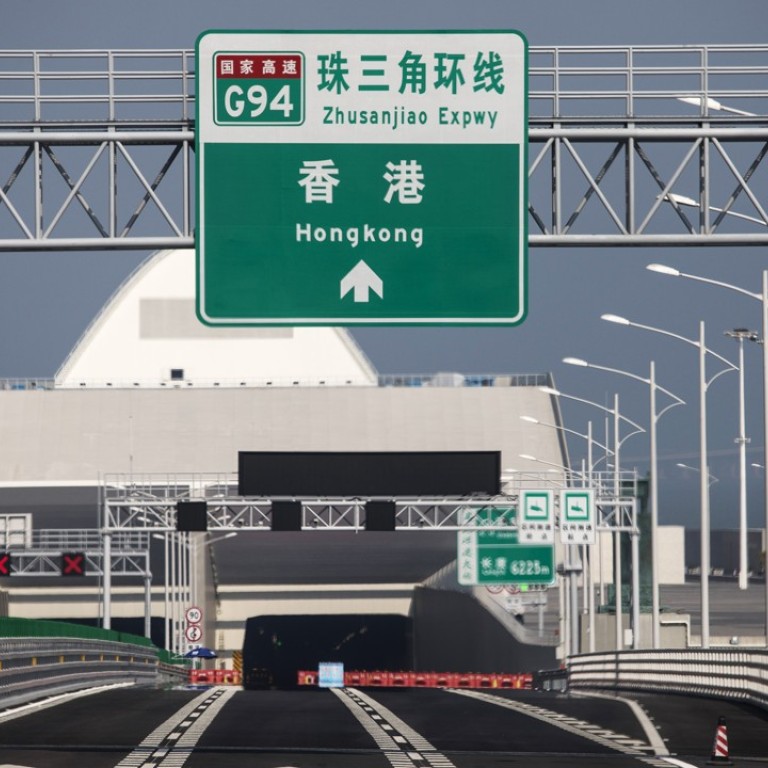
In China’s embrace, Hong Kong people face a stark choice: money or freedoms
Michael Chugani says with the mainland drawing Hong Kong closer every day, Hongkongers who seize the huge economic opportunities on offer must realise they may also have to give up personal freedoms
A local think tank organised the forum. It was held in Hong Kong. Shouldn’t Lam have chosen the dialect of Hongkongers even though Wang understandably used Mandarin? But we’re now living in a Hong Kong very different from that of just a year ago. And you can bet next year’s Hong Kong will be even less recognisable.
The sell-by date of saying you don’t want Hong Kong to be just another Chinese city has long passed. We’re already halfway there. You’re living in la-la land if you believe “one country, two systems” and 2047 were meant as buffers.
Beijing never intended Hong Kong to be a part of China in name only, letting it retain all the trappings of a British colony. Sculpting the city to fit into the national character was always part of its plan. The question was at what pace.
Nothing personal, since he’s a friend, but I really think Tai can do us all a favour by quitting his university law professor job and agitate for political change as an ordinary citizen. His folly further convinced Beijing it needed to hasten the pace of morphing Hong Kong into a shape that is less distinguishable from mainland China. We now need to think of mainland China as a giant magnet drawing us unstoppably closer.
You can welcome the magnet absorbing us as a new frontier of opportunities or fear it as a black hole. My part-time local domestic helper told me just months ago that her university-aged daughter wanted to stake her future in democratic Taiwan rather than in a city being gradually swallowed by a communist state.
We never had to make that choice before. We took for granted that economic opportunity was hitched to the personal freedoms we grew up with. But economic opportunity in Hong Kong is now a myth. It exists only for our tycoons.
As the magnet draws us ever closer, the differences between us and the mainland will narrow anyway. The Sophie’s Choice will then be to stay and pick the abundance of low-hanging fruit in a nation hurtling towards being the world’s largest economy, or flee to a democratic haven that may not offer everything else you want.
Michael Chugani is a Hong Kong journalist and TV show host

